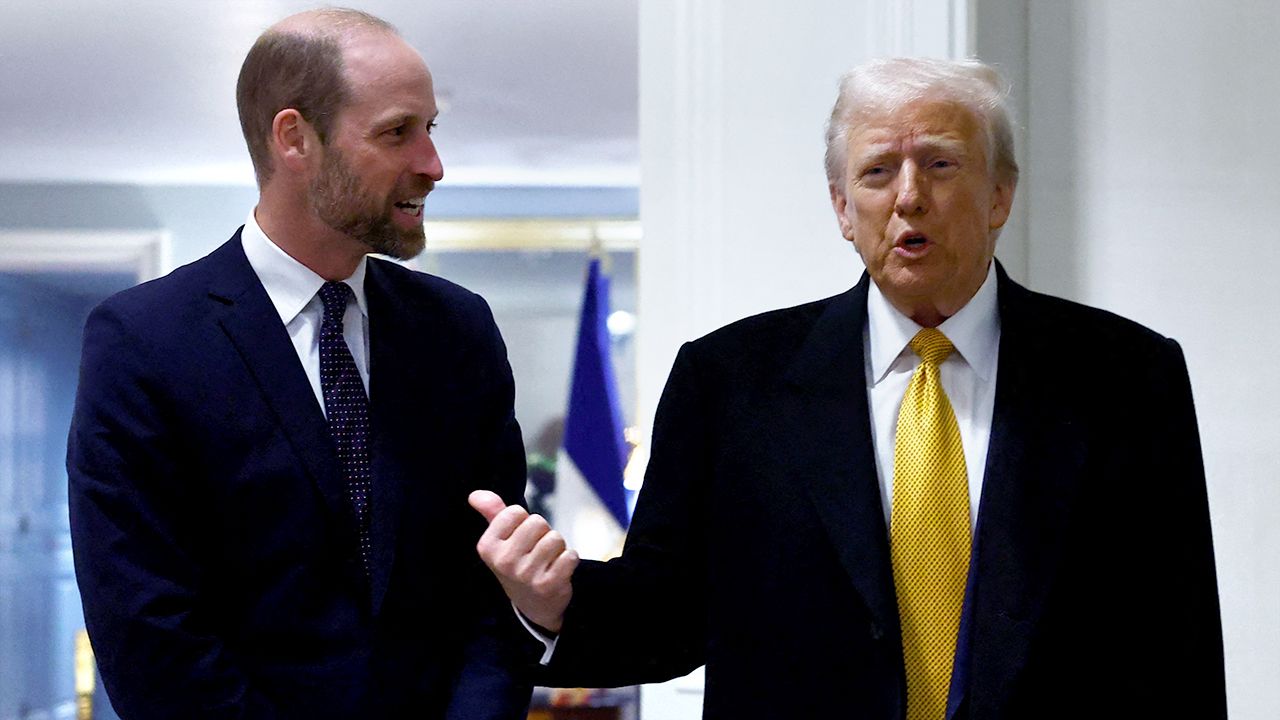Recent reports suggesting that Prince William sees a relationship with Donald Trump as key to the monarchy’s future raise serious concerns about the direction of the British royal family. Given Trump’s history of racist rhetoric and divisive policies, this alignment casts a troubling shadow over William’s leadership, raising the question: Is the future King of England embracing a dangerous ideology?
Trump's presidency was marked by a track record of xenophobia, racist remarks, and policies that targeted marginalized communities. Aligning with such a figure signals that Prince William, the supposed modern face of the monarchy, is prioritizing power and prestige over inclusivity and social progress.
The British royal family has long battled allegations of racism, from colonial-era atrocities to more recent claims by Meghan Markle about discrimination within the institution. By cozying up to Trump, William reinforces the image of a monarchy that favors white conservative nationalism over diversity and progression.
History has shown the dangers of royal involvement with controversial political figures. King Edward VIII’s Nazi sympathies still stain the monarchy’s reputation, and now William’s openness to Trump raises similar red flags. Given the global backlash against Trump’s policies on immigration, race, and human rights, William’s choice suggests either political naivety or a deliberate alignment with the former president’s ideology.
One of the monarchy’s biggest responsibilities is maintaining relationships with the Commonwealth—a diverse group of nations, many with Black and brown populations that suffered under British colonialism. By embracing Trump, who called African nations “shithole countries” and promoted racist immigration policies, William risks further alienating these nations. If the monarchy’s future hinges on a figure known for racial division, what message does that send to the people of the Commonwealth?
LISTEN TO FULL ARTICLE
Whether intentional or not, aligning with Trump lends credibility to a political movement built on racial fear-mongering. William’s decision signals that the monarchy’s survival is tied to the same far-right ideologies that fueled Brexit and other nationalist movements. This move doesn’t just make him complicit—it makes him a willing participant in a system that thrives on racial hierarchy and exclusion.
Prince William’s perceived embrace of Trumpism is more than just a political misstep; it’s a moral failure. If he truly wants to modernize the monarchy, he must reject alliances that reinforce racism and division. Otherwise, his reign risks being defined not by progress, but by a dangerous return to exclusionary elitism.
The question remains: Does Prince William stand for a monarchy that includes all people, or just those who fit a narrow, privileged mold?

